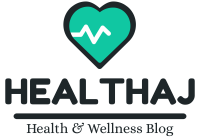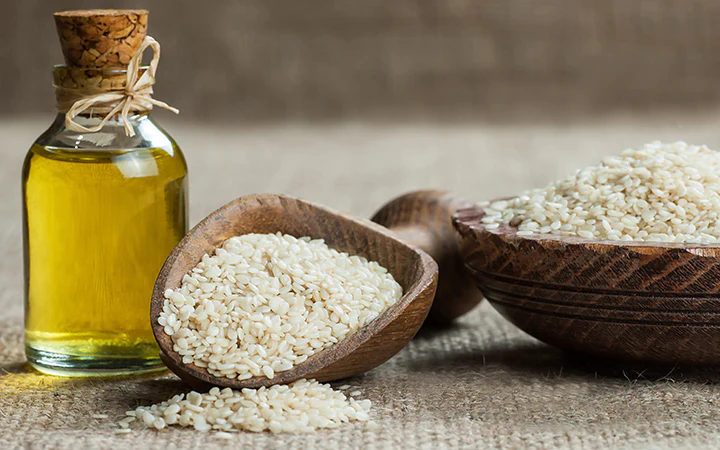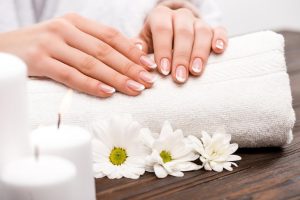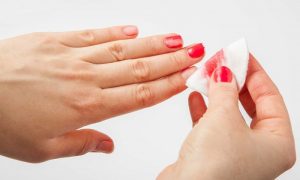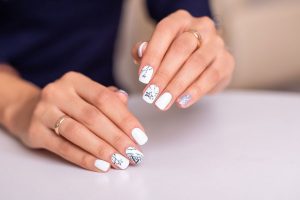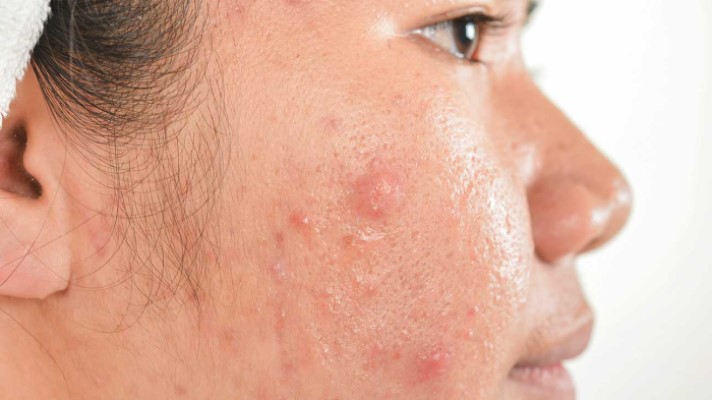
How to Remove Acne Scars Naturally for Oily Skin
Acne scars can be a persistent reminder of past breakouts, and they can be particularly challenging to deal with if you have oily skin. However, there are natural remedies and skincare techniques that can help fade acne scars and improve the overall appearance of your skin. In this article, we will explore various methods to remove acne scars naturally for oily skin.
1. Understanding Acne Scars
Acne scars are the result of inflammation in the skin caused by acne breakouts. When acne lesions penetrate deep into the skin, they can damage the surrounding tissue, leading to the formation of scars. Oily skin types are more prone to acne and subsequent scarring due to excess sebum production. Understanding the different types of acne scars, such as atrophic, hypertrophic, or keloid scars, can help determine the appropriate treatment methods.
2. The Importance of Skincare Routine
Establishing a consistent skincare routine is crucial for oily skin prone to acne scars. Cleansing your face twice daily with a gentle cleanser helps remove excess oil, dirt, and bacteria that can contribute to acne formation. Followed by toning and moisturizing with non-comedogenic products can help maintain skin balance and promote healing.
3. Exfoliating for Smooth Skin
Regular exfoliation is vital for oily skin to prevent clogged pores and promote cell turnover. Gentle exfoliants with ingredients like salicylic acid or fruit enzymes can help remove dead skin cells and reveal a smoother complexion. However, be cautious not to over-exfoliate, as it can lead to irritation and inflammation.
4. The Power of Natural Ingredients
Numerous natural ingredients possess beneficial properties for fading acne scars. For instance, aloe vera gel has soothing and healing properties, while rosehip seed oil is known for its regenerative effects on the skin. Applying these natural ingredients topically can help reduce the appearance of scars over time.
5. Essential Oils for Scar Reduction
Certain essential oils have been found effective in reducing acne scars. Tea tree oil, known for its antimicrobial properties, can help prevent infections and promote scar healing. Lavender oil has calming effects and aids in skin rejuvenation. Dilute these oils properly and apply them sparingly to the affected areas.
6. Face Masks for Scar Healing
Using face masks specifically formulated for scar healing can be beneficial for oily skin. Look for masks containing ingredients like clay, charcoal, or turmeric, as they can absorb excess oil and promote a clearer complexion. Regular application of these masks can help diminish the appearance of acne scars.
7. A Healthy Diet for Skin Health
Maintaining a balanced and nutritious diet is essential for overall skin health. Incorporate foods rich in antioxidants, such as fruits and vegetables, as they help combat free radicals and support skin healing. Additionally, drinking an adequate amount of water keeps the skin hydrated and promotes a healthy complexion.
8. Lifestyle Changes to Consider
Certain lifestyle habits can exacerbate acne scars and hinder the healing process. Avoid picking or popping acne, as it can lead to further inflammation and scarring. Reduce stress levels through practices like meditation or yoga, as stress can worsen acne breakouts. Getting sufficient sleep also contributes to skin rejuvenation.
9. The Benefits of Hydration
Hydrating the skin is crucial, even for oily skin types. Opt for lightweight, oil-free moisturizers that provide hydration without clogging pores. Properly moisturized skin maintains its barrier function, which helps improve the appearance of acne scars and prevents further damage.
10. Protecting Your Skin from the Sun
Exposure to the sun’s harmful UV rays can worsen acne scars and cause pigmentation issues. Protect your skin by wearing sunscreen with a high SPF on a daily basis. Look for oil-free or non-comedogenic formulas to avoid clogging the pores. Additionally, wearing a wide-brimmed hat or seeking shade can provide extra protection.
11. Professional Treatments for Acne Scars
If natural remedies don’t provide the desired results, consulting a dermatologist is advisable. Dermatologists can offer professional treatments tailored to your specific needs, such as chemical peels, microdermabrasion, or laser therapy. These procedures can help improve the appearance of acne scars and stimulate collagen production.
12. Overcoming Frustration and Staying Positive
Dealing with acne scars can be emotionally challenging. It’s important to remember that improvement takes time and consistency. Celebrate small victories along the way and maintain a positive mindset. Surround yourself with a supportive network and seek professional help if necessary.
Conclusion
Removing acne scars naturally for oily skin requires a holistic approach that combines a consistent skincare routine, natural remedies, a healthy lifestyle, and professional treatments if needed. By following the outlined steps, individuals can significantly diminish the appearance of acne scars and achieve a smoother, more radiant complexion.
FAQs
Q1: Can oily skin types use oils to treat acne scars?
A1: Yes, certain oils like rosehip seed oil can be beneficial for oily skin. However, it’s crucial to choose lightweight, non-comedogenic oils and apply them sparingly.
Q2: How long does it take to see results from natural remedies?
A2: Results may vary depending on individual factors and the severity of the scars. Consistency is key, and it may take several weeks or even months to notice significant improvement.
Q3: Are professional treatments the only option for acne scars?
A3: No, natural remedies can be effective for many individuals. However, professional treatments can offer faster and more noticeable results for stubborn or severe acne scars.
Q4: Can diet affect acne scars?
A4: A healthy diet rich in antioxidants and essential nutrients can support skin healing and improve the appearance of acne scars over time.
Q5: Are there any side effects of professional treatments for acne scars?
A5: Professional treatments may have some temporary side effects such as redness, swelling, or mild discomfort. However, these effects typically subside within a few days.
